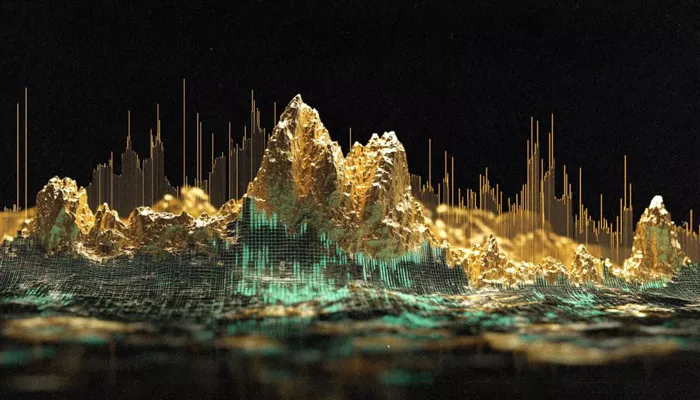The Global Precious Metals MMI (Monthly Metals Index) saw a notable surge of 7.36% month-over-month, reflecting the dynamic shifts in the precious metals market. The past month proved to be tumultuous for the sector, with fluctuating prices influenced by changing economic conditions and recent policy developments.
Palladium: Market Volatility Dominates
Palladium experienced significant price volatility in January. Initially, prices rose driven by seasonal demand and a broader rally in the precious metals market. However, by early February, gains were largely undone, according to macrotrends.net. The output reductions by Sibanye Stillwater, a key player in palladium production, could contribute to long-term bullish pressure on the market.
The imposition of new tariffs under the Trump Administration further complicated the palladium market. While palladium was not directly affected by these tariffs, the broader market volatility seemed to impact its pricing. Despite the current fluctuations, analysts anticipate a decline in palladium prices in the upcoming months.
Platinum: A Steady but Optimistic Outlook
Platinum prices have remained relatively stable in recent weeks, with only minor month-over-month fluctuations. Despite a robust U.S. dollar and shifting industrial demand, most experts maintain a positive outlook for platinum. Analysts predict a supply deficit through 2025, driven by increasing demand from the automotive and industrial sectors.
Silver: Boosted by Industrial Demand and Safe Haven Status
Silver has seen a steady rise in 2025, reaching $32.80 per ounce in mid-February, marking its highest level since mid-December 2024. Ongoing economic uncertainties and geopolitical risks have prompted investors to view silver as a safe haven, bolstering its price. As a result, analysts are bullish on silver’s prospects throughout the year, forecasting further strength driven by industrial demand.
Gold: Unprecedented Highs and Continued Momentum
Gold has been the focal point of the precious metals market, reaching an all-time high of $2,942.70 per ounce, according to Reuters. This surge has been fueled by economic policy uncertainty, geopolitical tensions, and substantial central bank purchases. However, gold prices began to retreat by mid-February.
Major financial institutions have adjusted their gold price forecasts in light of its strong performance. UBS analyst Joni Teves predicts gold could peak at $3,200 per ounce later this year before stabilizing, while Goldman Sachs has raised its year-end target to $3,100 per ounce.
Analysts remain optimistic about gold’s continued strength in 2025, with factors such as economic instability and heightened demand for safe-haven assets providing a favorable environment for further gains.
Related topics:
- India Surpasses China in Gold Purchases, Buying 51% More in Three Months
- Gold Rates Skyrocket in Chennai on Diwali, 24K Gold Exceeds Rs. 81,000 Per 10 Grams
- Bitcoin Poised for a Surge Amid Gold’s Delivery Delays, Expert Claims


